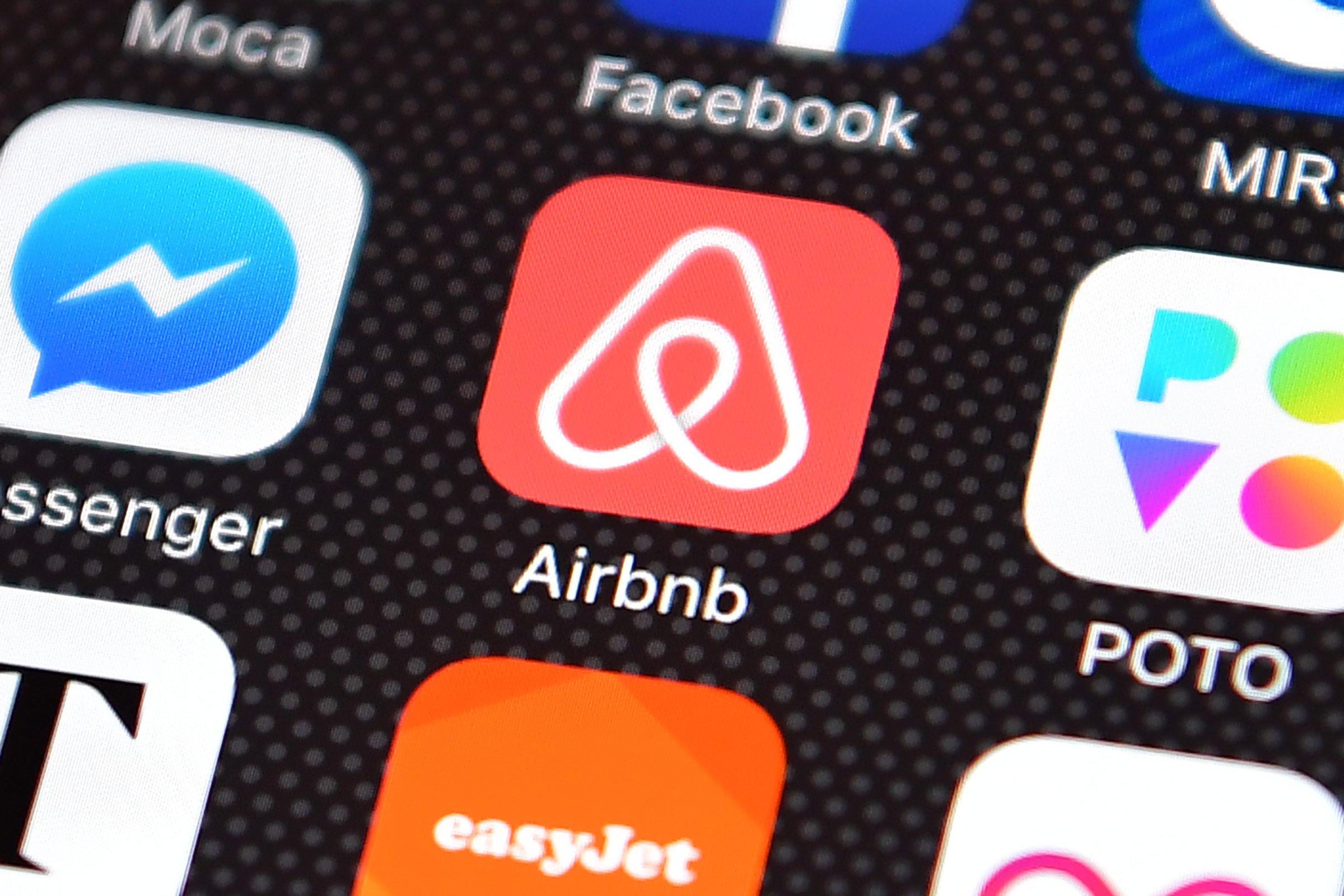
Booking an Airbnb rental may come with safety concerns you probably haven’t considered, according to a new study.
A survey published Monday in the journal Injury Prevention reveals that many Airbnb properties do not contain safety equipment including smoke detectors, carbon monoxide (CO) detectors, fire extinguishers and first aid kits, potentially putting guests at risk in the event of an emergency.
Researchers used InsideAirbnb.com, a third-party website that compiles publicly available information about Airbnb properties, to assess the prevalence of these resources in nearly 120,700 rental properties spread across 16 U.S. cities. The data spanned October 2015 to December 2016.
The researchers found that 80% of homes reported having a smoke detector. But only 58% reported having a carbon monoxide detector, 42% reported having a fire extinguisher and 36% reported having a first aid kit. The actual numbers may be even lower, since there was no way to verify that each listing actually contained the amenities it claimed to have, or that they were in good working order, the authors say.
On the other hand, some apartments or condominiums may have building-wide safety features independent of those reported by individual residents, so people may have these features in place without reporting them, the authors note.
“At Airbnb, safety is our priority,” said Nick Shapiro, Airbnb Global Head of Trust and Risk Management, in a statement to TIME. “All hosts must certify that they follow all local laws and regulations. We run home safety workshops with local fire and EMS services all over the world, making sure our hosts have access to the best information in order to keep their guests, their homes and themselves safe. Every listing on Airbnb clearly states the specific safety amenities it has, including smoke and CO detectors, fire extinguishers, and first aid kits, so guests can look first and then decide whether that home, tree-house, yurt, or igloo is the one they want to book or not.” Shapiro added that Airbnb supplies free smoke and CO detectors to any host who requests one, and that according to a 2013 U.S. Census survey, only 41% of homes reported having working CO detectors. According to the National Conference of State Legislatures, Airbnb points out, only 14 states require the installation of carbon monoxide detectors in hotels and motels under a statute about CO detectors.
According to the current survey, certain cities excelled — or lagged — in specific areas. In Nashville, where Airbnb hosts are required to obtain a permit and submit a drawing of their home that shows smoke detector locations, 90% of properties reported having a smoke detector, for example. Austin, meanwhile, fell below the average for both smoke and carbon monoxide detectors, at roughly 74% and 37% of homes, respectively.
Travelers should keep in mind that Airbnbs are not subject to the same safety regulations as hotels, and instead typically fall under the purview of local laws, the authors note. Renters who use Airbnb are also putting their faith in individual hosts‘ adherence to these policies, the authors add.
More Must-Reads from TIME
- Cybersecurity Experts Are Sounding the Alarm on DOGE
- Meet the 2025 Women of the Year
- The Harsh Truth About Disability Inclusion
- Why Do More Young Adults Have Cancer?
- Colman Domingo Leads With Radical Love
- How to Get Better at Doing Things Alone
- Michelle Zauner Stares Down the Darkness
Write to Jamie Ducharme at jamie.ducharme@time.com